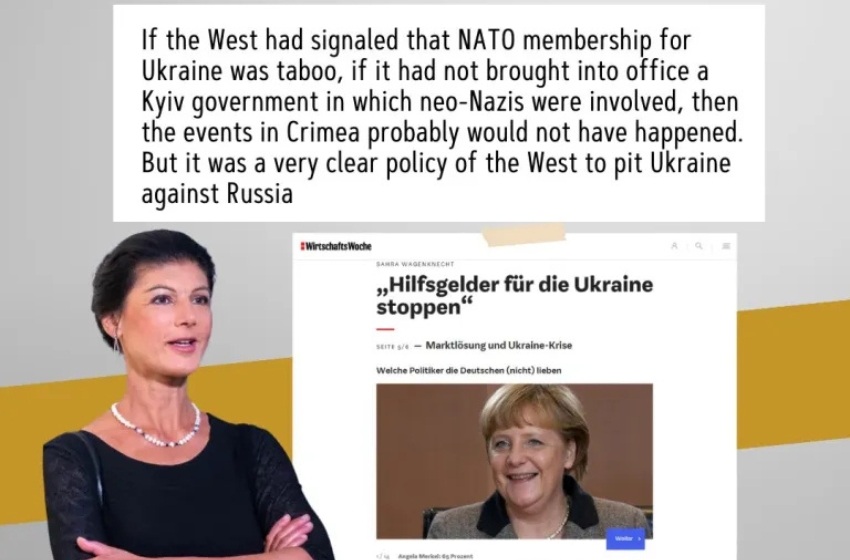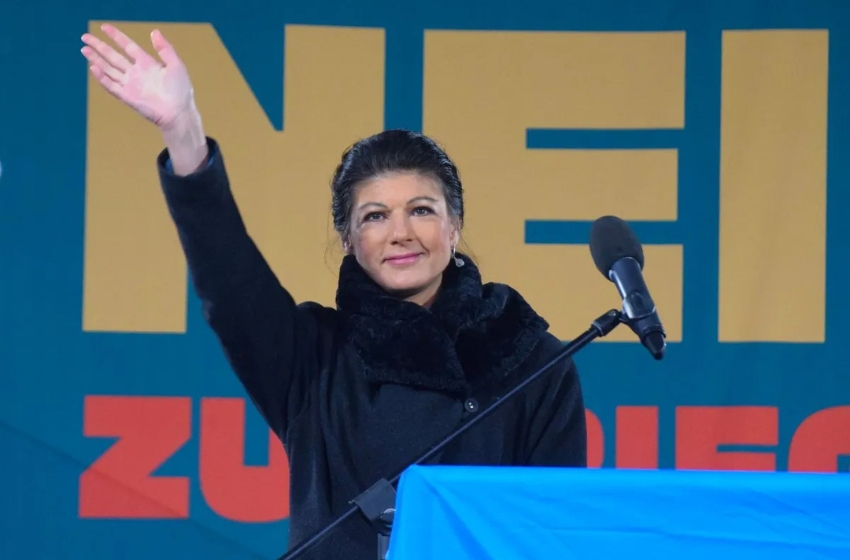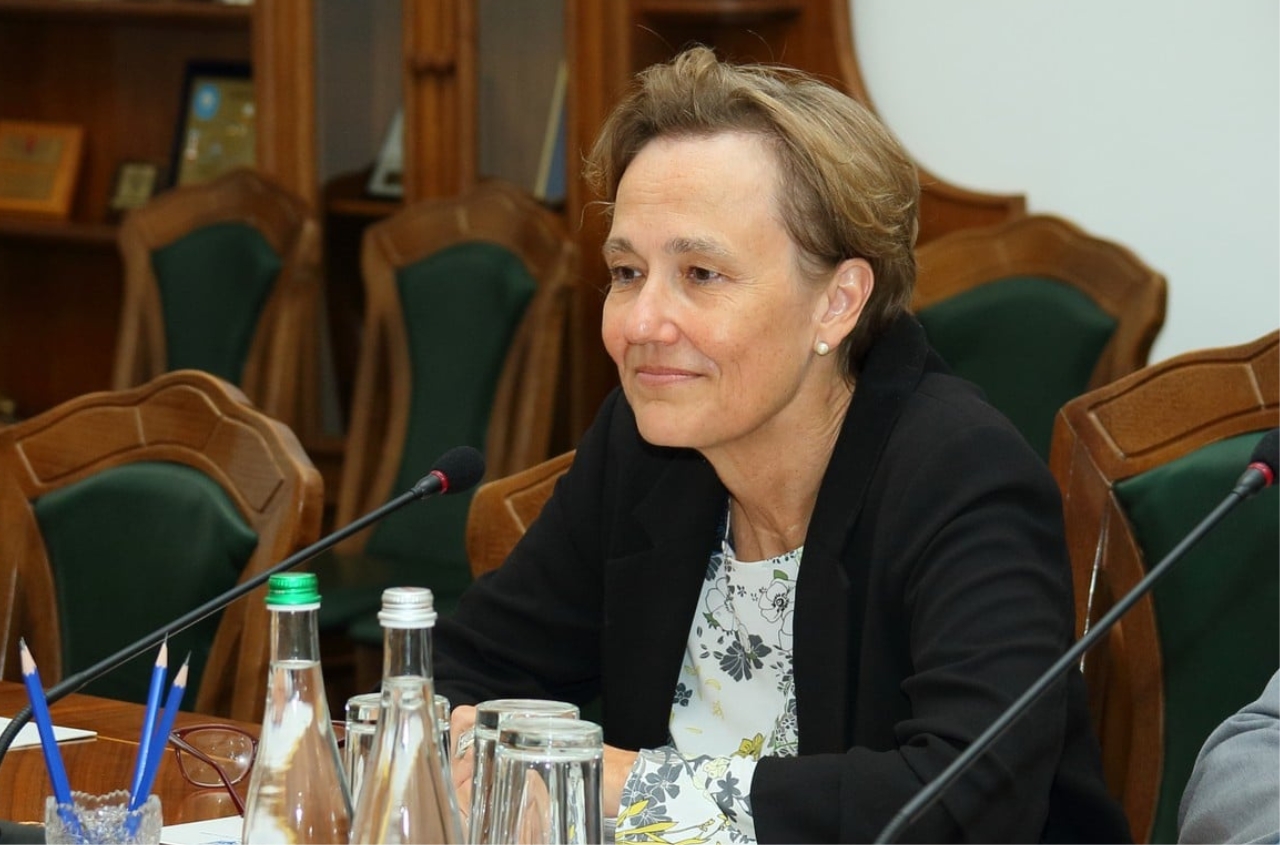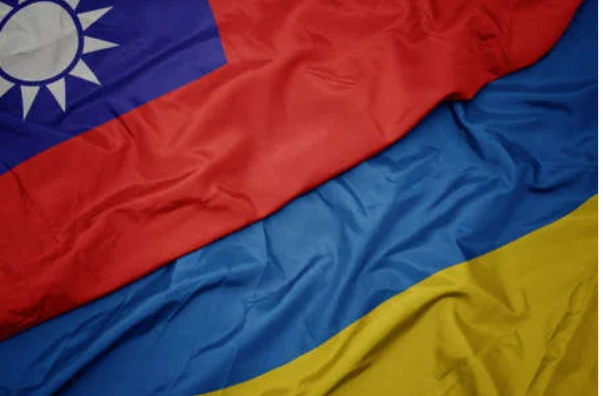Through Sarah Wagenknecht’s party, “Sarah Wagenknecht Alliance,” the Kremlin gains the ability to legitimize its narratives in Germany, amplify pro-Russian propaganda, and undermine support for Ukraine, the Robert Lansing Institute (RLI) stated.
Sarah Wagenknecht’s party provided Russian Ambassador Sergey Nechayev a public platform during the opening of the exhibition “War and Peace” at the Brandenburg Landtag, sparking criticism from leading German parties and the German Foreign Ministry. The event took place on October 7, 2025—Vladimir Putin’s birthday—and violated an unspoken taboo established after the start of Russia’s full-scale war against Ukraine: not to invite Russian diplomats to public political events.
CDU faction leader in Brandenburg, Jan Redmann, said Nechayev’s presence made attendees “silent accomplices of Russian military propaganda.” He emphasized that Russia is responsible for the deaths of hundreds of thousands, violence against women, child abductions, and hospital bombings. Similar criticism came from the Greens and SPD, and the German Foreign Ministry reminded that Russian diplomats should not participate in official events to avoid giving the impression of normalizing Kremlin actions.

RLI experts note that through Wagenknecht’s party, the Kremlin can legitimize its narratives in Germany, strengthen pro-Russian propaganda, and undermine support for Ukraine. The party’s messages about “peace,” criticism of sanctions, and NATO align with Kremlin talking points, making them mainstream and increasing Moscow’s influence in German politics.
Analysts believe the party is useful to Moscow not as a puppet, but because its ideology and public resonance align with Russian narratives. This allows Russia to legitimize its positions, expand contacts with local institutions, and shape public opinion to its advantage, creating tensions within Germany and the EU.
RLI warns that further use of such platforms could normalize Russian aggression and weaken European countries’ consensus on supporting Ukraine.





















